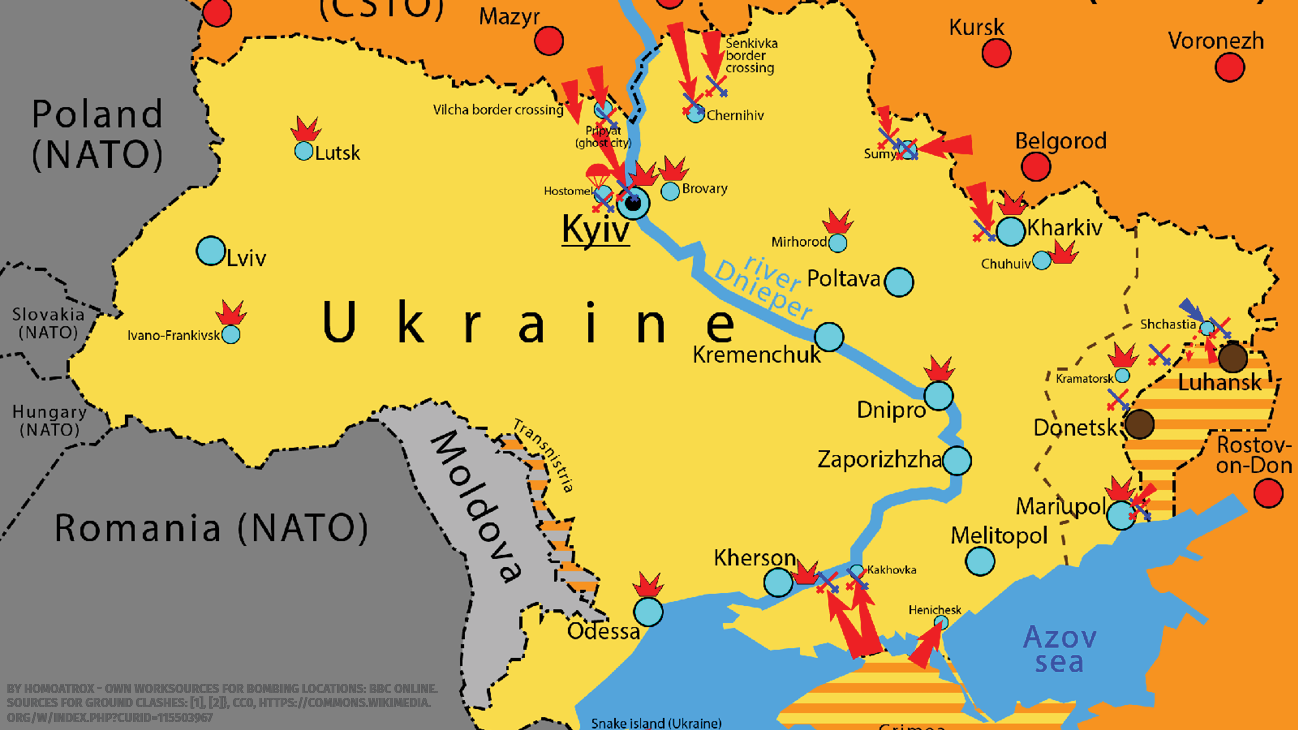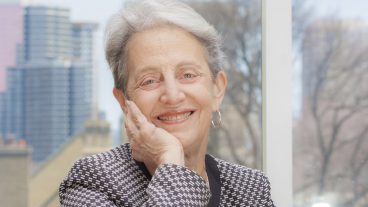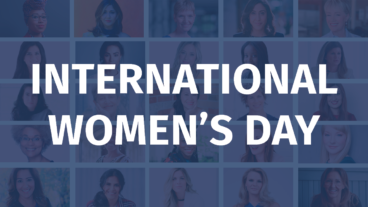In the wake of Russia’s devastating attack on Ukraine, geopolitical expert Janice Gross Stein said the invasion marks a shift in the world order with the window for a diplomatic solution quickly shrinking.
The founding director of University of Toronto’s Munk School of Global Affairs and Public Policy shared her insights into the unfolding crisis in an informative Q&A with Munk School.
Munk School: With the attacks overnight, Putin has acted on his threats of war. How far can we expect Russia to take this?
Janice Gross Stein: Formally, Russia invaded on Monday when it sent its troops over the border into the republics of Luhansk and Donetsk, which President Putin has recognized as independent. The war began eight years ago and escalated when Russia bombarded all of Ukraine’s cities and its tanks and artillery rolled across the border. Does Putin plan further escalation? Only he knows, but early military action suggests a wide and deep offensive in Ukraine — far beyond the “peacekeeping” operation in Luhansk and Donetsk that Putin ordered officially.
In that aggressive and angry speech he delivered a few days ago, Putin made sweeping claims about restoring greater Russia and argued that Ukraine became independent only through the foolish mistakes of past Russian leaders. Ukraine has declared a state of emergency, mobilized its reserves and its national guard, and ordered its citizens to take shelter, but its armed forces are badly outnumbered by Russian forces.
MS: Can you explain how the recent escalations marked a departure from what was happening before?
Janice: In 2014, Russia annexed Crimea and sent militia forces over the border into parts of Donetsk and Luhansk. Today, regular Russian military forces began a bombardment of all of Ukraine and sent ground forces across multiple points in Ukraine, far beyond Donetsk and Luhansk. The fabricated stories of fighting in these two provinces were clearly the pretext for a full-on invasion.
MS: What is NATO’s role?
Janice: NATO, a collective defence organization, is obligated to come to the defence of its members. While Ukraine is not a member of NATO, several former Soviet republics that now border Russia are – Latvia, Lithuania, and Estonia, as well as Poland and Romania. NATO is currently reinforcing its deployment in Latvia, and Canada is sending additional forces. NATO will try to support the Ukrainian resistance with weapons and supplies, but will find it challenging to do because Russia already controls the air space over Ukraine. It will not send troops to Ukraine. Ukraine, in other words, stands alone in the face of the Russian attack. Europe, the United States, Canada, and Japan are all responding with increasingly serious economic sanctions, but these sanctions will not deter Russian forces.
MS: Is there a path back to more peaceful relations?
Janice: The window for diplomatic activity is vanishing to none. Putin seems to be seeking the political decapitation of the Ukrainian government as well as the occupation of parts of Ukrainian territory that matter to Russia. Ukraine’s independence will be fatally compromised. This is absolutely tragic for Ukraine, which finds itself the victim of aggression by its powerful neighbour, but terrible as well for Russia.
MS: What is at stake in terms of global security?
Janice: European confidence in the foundational norm that the borders of a sovereign state cannot be changed unilaterally by force has been shattered. A Russian attack marks the end of one era and the beginning of another of complex, trilateral great power rivalry with European confidence in its own security shaken to the core. Great power rivalry, which some had hoped had been relegated to the ashbin of history, is back with a vengeance.
Professor Janice Gross Stein’s presentations not only connect the dots regarding key events, but provide a look at where things are headed, and where the potential dangers and opportunities may lie. Both realistic and hopeful, she leaves her audiences with a better understanding of current global issues, and a clear, compelling vision of the future.




